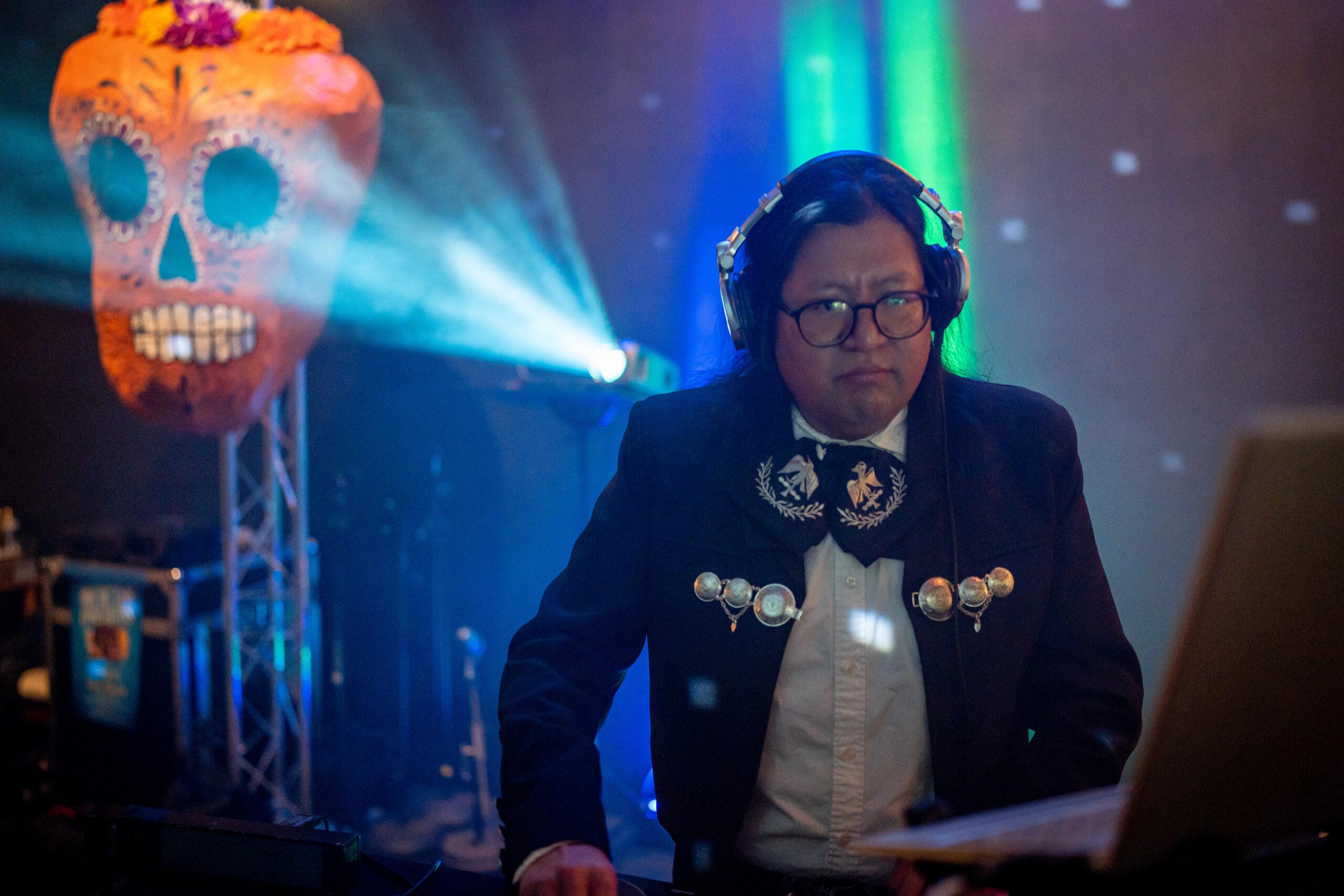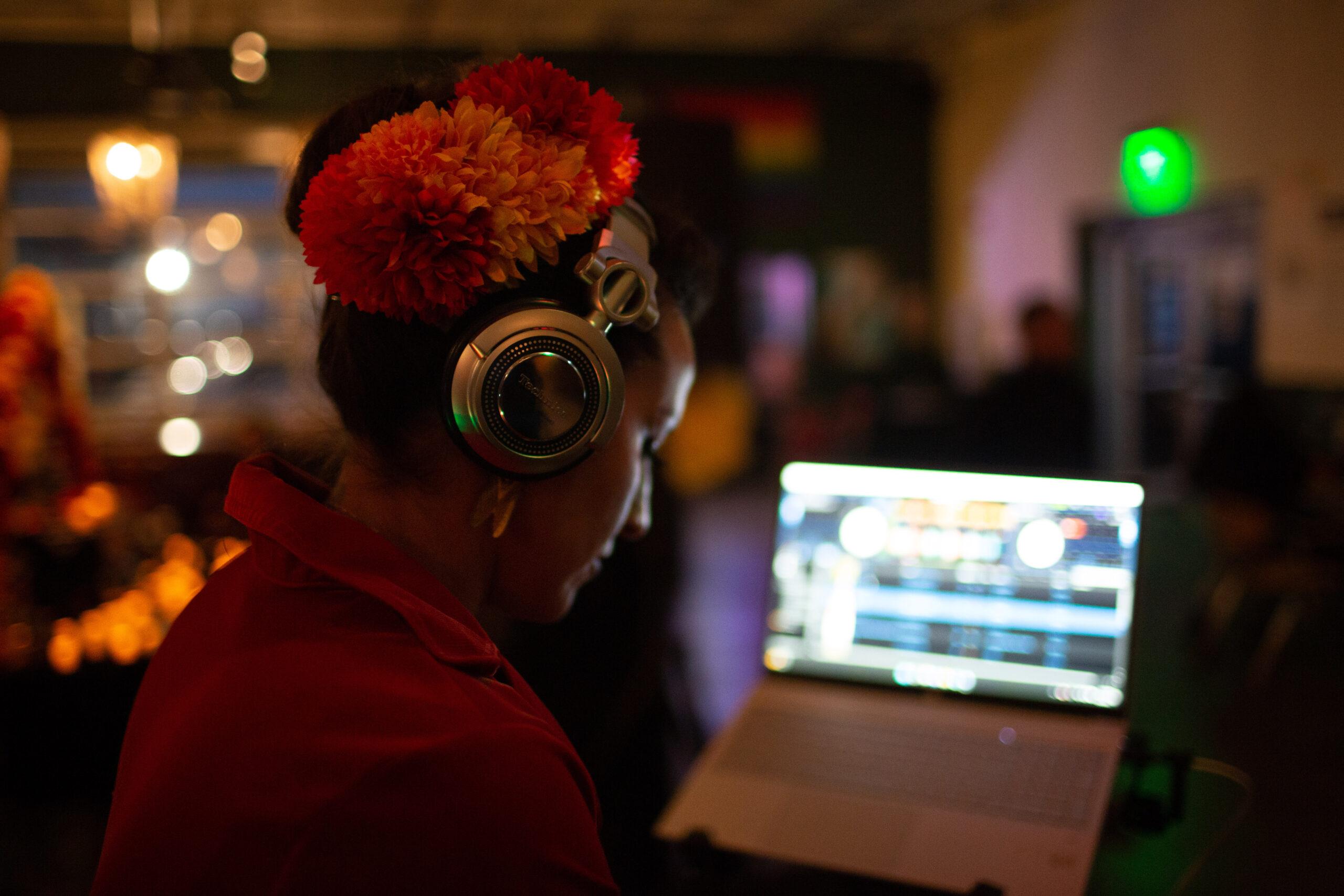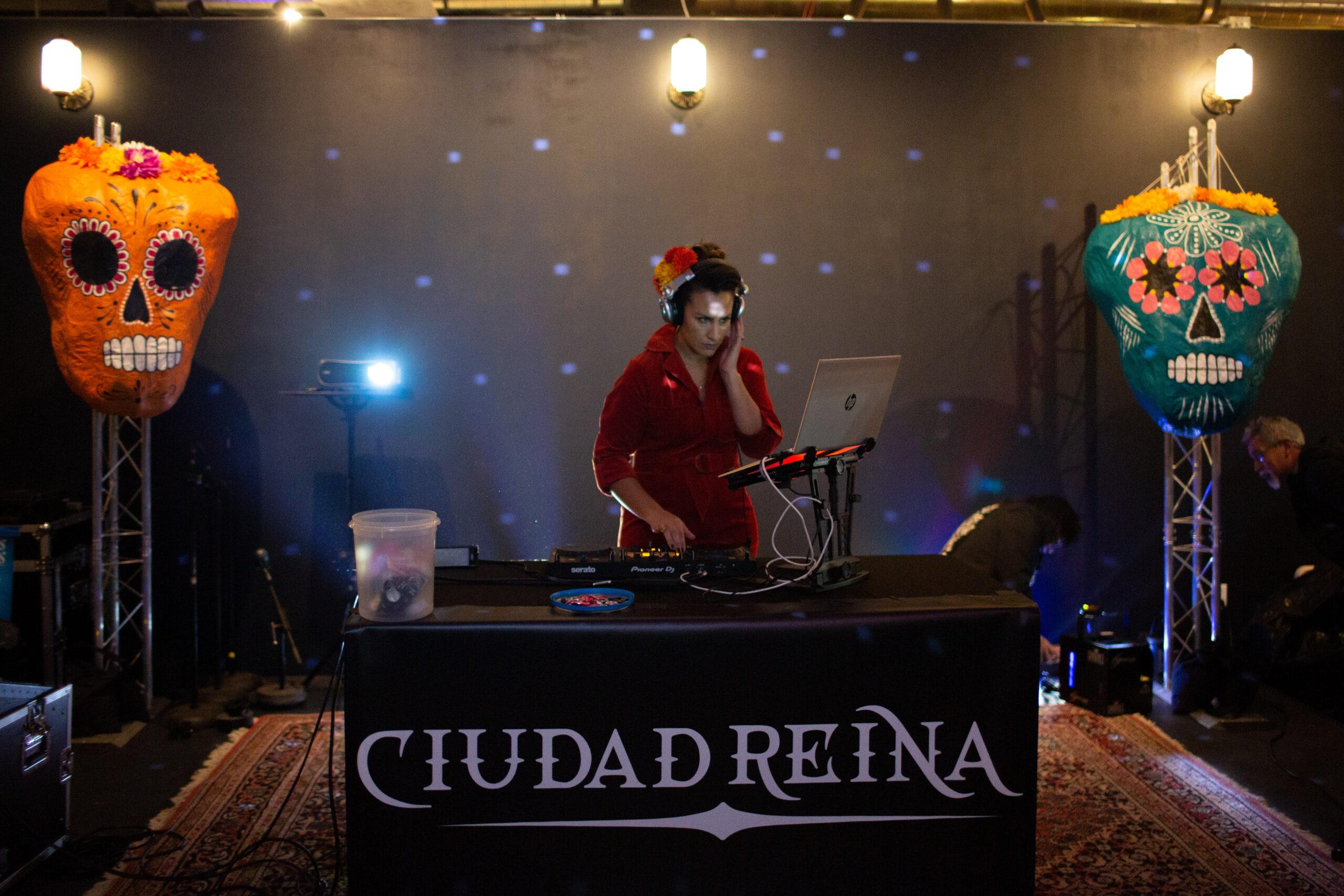Where did cumbia music originate? But perhaps more importantly, how do you dance to it?
If you were curious, the folks with Ciudad Reina can teach you Friday night at the RedLine Contemporary Art Center.
The lessons are part of special event Una Historia de la Cumbia!, an event featuring cumbia history lessons, music and, of course, dancing. RedLine is located at 2350 Arapahoe St. and the festivities will go from 7 p.m. to 9 p.m. tonight.
Ciudad Reina is a two person collaborative featuring Molly Gallegos and Enrique Jimenez. Both are DJs with 89.3 FM KUVO, Gallegos goes by La Molly and Jimenez is El Jaguar. Their set list includes all types of Latinx music, from Mexican goth to cumbia sonidera.
By night they may be entertainers, by day too, but they also work to promote and introduce communities to local Latinx artists.
"We seek out entertainment that is specifically meant to highlight lesser known Latinx musicians and genres," Gallegos said. "It's an effort to not only get that music out but to create a new community around it."

Una Historia de la Cumbia! will highlight both aspects of the group.
Throughout their DJ sets, participants will hear cumbia while learning the history of the music. Cumbia is listened to by many and is popular in a number of Latin American countries including Argentina, Chile, Ecuador and El Salvador. But the music originated in Colombia, Gallegos said, and was initially considered "poor people's music" as it was brought to the country by those enslaved by Spainards.
"It's so much more than just music," Gallegos said. "Cumbia tells the history of Latin America and its people. We'll be highlighting that history from the beginning with the bringing of enslaved people to Colombia...The history's sort of been lost...Cumbia itself has historically been looked down upon. It's seen as low class music because it's music of the people."
As cumbia made its way through Latin America, Gallegos said it had connections to the oil boom in Peru and economic policy in Argentina.
After Gallegos and Jimenez explore the history of cumbia, Gallegos said there will be a basic dance lesson by Magally Rizo Luna. No worries if you have two left feet.
Gallegos said the event is meant to celebrate the music of cumbia but also the history.

Gallegos added that working with RedLine was important in sharing the history because currently the gallery is hosting an exhibition program called "Roots Radical: An Exploration into Indigenous Ancestry and Experience."
The program allows indigenous creators and artists to explore their ancestry and "step away from their colonized view of their history," Gallegos said.
So, exploring the history of cumbia fits right into the programming.
The event will be free for members of the art gallery and then there is a $5 suggestion for non-members.
Gallegos said this event happened "organically" but this is what she and Jimenez focus on, the history of music. Gallegos said she's not sure when the next event will be but stay tuned, there may be a history lesson on salsa next.
"My whole philosophy as an artist is art is an exploration of self," Gallegos said. "If you don't know who you are and where you come from, you don't know what to hold on to. History gives you power. It empowers you to understand yourself and feel like you have a place."











